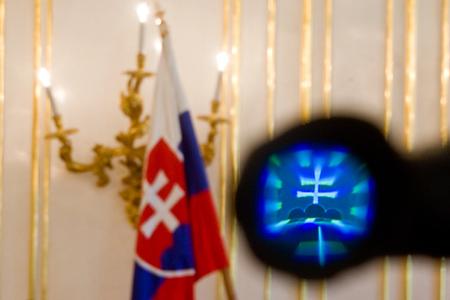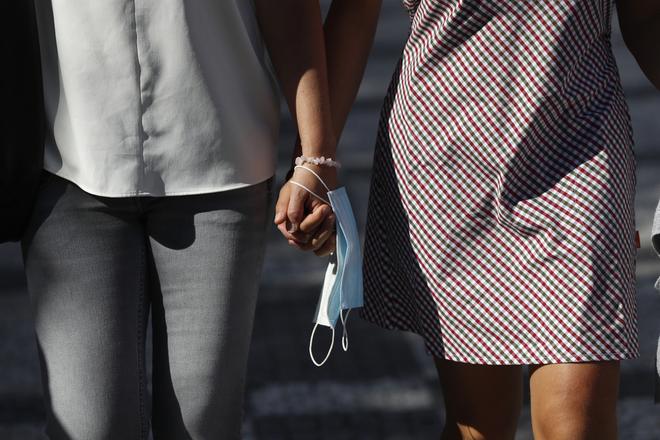The Health Ministry has filed a complaint over a popular website spreading health disinformation and hoaxes about coronavirus as it warns of the urgency of combating fake news as a second wave of the pandemic hits the country.
Early this month the ministry filed a criminal complaint over the Bádateľ (Researcher) website, which, among others, falsely claimed that children’s health was being put at risk if they wore face masks at school.
Under current coronavirus restrictions all schoolchildren in the fifth to ninth grades of primary schools and all secondary school students are required to wear a face mask during lessons at school.
“As the number of new [coronavirus] cases rises, this website is scaring people with fake news about mask-wearing that has repeatedly been debunked by our experts and doctors,” the health ministry said in a statement explaining its actions.
It added that the website had recently “openly induced people to avoid and not follow” government-mandated measures to stop the spread of coronavirus.
It is not yet clear what action could be taken against Bádateľ or people involved in its production if evidence was found it had been spreading disinformation.
Suppressing disinformation
The complaint is the first the ministry has made against a disinformation website during the coronavirus crisis.
Ministry spokesperson Zuzana Eliášová explained that the ministry systematically monitors social networks to identify fake health news and then decides on what course of action to take.

“In most cases, we try to react by getting experts to explain [that this is] disinformation,” Eliášová told The Slovak Spectator.
But this case was different, she said.
“This case with Bádateľ shows that in extreme cases we are willing to take other steps and turn to the police.”
She added that keeping disinformation off the internet and helping people realise when they had come across fake news was an extremely urgent concern at the moment.
Communicating with Facebook
As the problem has become greater, the ministry has begun cooperation with Jakub Goda, a Slovak blogger who writes about hoaxes and disinformation.
An activist, he became well-known after writing for the disinformation website Hlavné správy under a false name so he could find out how such websites work.
“My task [at the ministry] has been to work out a plan for how the ministry should react to the fact that many people read - and trust - nonsense about health,” Goda told The Slovak Spectator.



 Illustrative stock photo (source: TASR)
Illustrative stock photo (source: TASR)